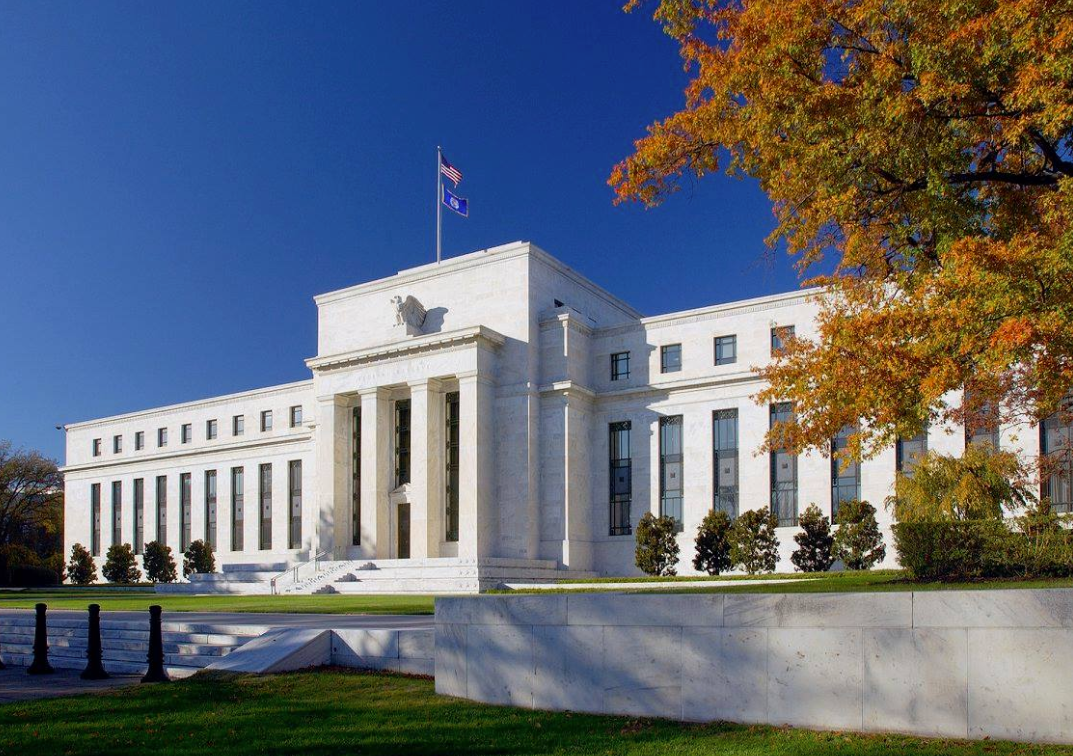Mizuho International believes EUR/USD is headed to 1.25 by the end of 2018
According to their head of European rates strategy, Peter Chatwell, the euro has a good case for some significant near-term appreciation against the greenback.
The reasons argued by Chatwell are firstly waning appetite for the dollar as a result of what is happening in emerging markets. The second reason is that he expects the front end of the European yield curve to reprice - with the ECB set to normalise policy next year - and that means that the negative carry the euro suffers now will be a little bit less of a problem.
But the third reason - which I find is the most significant one - is that of the Fed deciding to pause its tightening cycle. This for me is the real risk to dollar trades as we move towards the end of the year and into 2019.

For the longest of time, the dollar has been able to rely on monetary policy divergence for fundamental support. But with the Fed already set to hike three times this year, and possibly once more in December, we're getting closer and closer to a point (neutral rate) where the tightening cycle will have to encounter a pause.
But that aside, there are other reasons why the Fed may also pause its tightening cycle in favour of some added flexbility as the year comes to a close. The first, is the obvious stress it creates on emerging markets and potential contagion/spillover effects to the global economy. The second, is the imminent inversion of the US yield curve in which some Fed members have already voiced some concerns about.
Currently, markets have priced in about a 80% probability of the Fed hiking in December and will surely be looking for further clues on that in next week's FOMC meeting. I reckon the Fed will take more of a dovish approach in signalling a possible December rate hike from hereon as it would then give them more room and flexibility when the time comes.
After all, between the FOMC meeting next week and December, there's still plenty of time (including the November meeting) for the Fed to communicate a December rate hike if it needs to. The last thing it needs is to have its hands tied early by the market once again leaving them no option but to raise rates at a time they possibly feel the most uncomfortable in the whole tightening cycle thus far.
Should the Fed and Powell maintain their language though next week, I would expect pricing for December to be a slam dunk once again. But if they don't, then this adds a risk that the tightening cycle in 2019 will not be as straightforward as well.
And this comes as the ECB is set to begin normalisation in Q3/Q4 next year. That could be enough of a tailwind for the euro to gain some momentum against the greenback in the long-term view for the pair.



